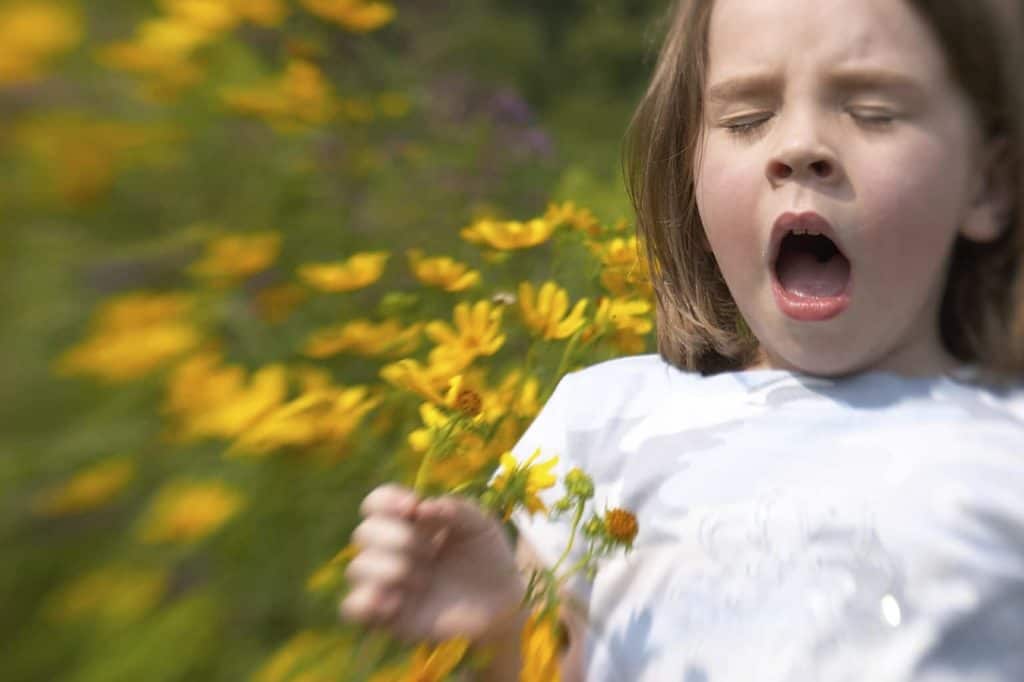Reduce hayfever suffering with desensitising remedies

If you’re one of the 13 million hayfever sufferers in this country the bad news is global warming is making your life even more miserable. Grass pollen, the culprit for 95 per cent of hayfever symptoms, is on the increase. With warmer weather, grass gets going so much earlier, grows at a faster rate and devotes more resources to reproduction – in other words, more pollen…
The good news is you can dramatically reduce your symptoms: take action now and you could actually enjoy the smell of newly mown grass or pass a rapeseed field with clear eyes. Homeopaths have found that giving people tiny doses of pollen in late winter through to early spring can stop you suffering as much during the hayfever season. The homeopathic remedies work in a similar way to vaccination, by boosting your immunity and desensitising you to the various types of pollens.
All you have to do is take a course of desensitising drops at this time of year, tailored to the types of pollen you are susceptible to. If you know you’re sensitive to a specific flower or tree, all the better: you can be desensitised to that pollen to set you up for the season. If you undergo this programme of preventive action you can reduce your hayfever symptoms, perhaps even eradicate your hayfever altogether.
Proof that homeopathic desensitisation works for hayfever
Several studies have proved that this course of treatment can work wonders for hayfever – and with homeopathic remedies you don’t get the side-effects you have to put up with some over-the-counter conventional drugs.
Research by Dr David Reilly at the Glasgow Homeopathic Hospital (an NHS hospital), published in the prestigious medical journal The Lancet in 1986, showed that homeopathically prepared doses of 12 common flowers were very effective in reducing hayfever symptoms when compared with patients given a placebo. Patients who took the placebo had six times more symptoms than those given the homeopathic medicine.
In a randomised, clinically controlled study published in the British Medical Journal (Taylor, 2000) patients at four GP practices were given either doses of the pollen to which they were allergic or a placebo. Those taking the homeopathic pollen had significantly better airflow through their noses.
So give homeopath Sue Leach a call about desensitisation on 01590 670955 or book an appointment – the earlier you do this in the season the better.
TIP: use local honey daily… it boosts your immunity to the local pollens in your area.
